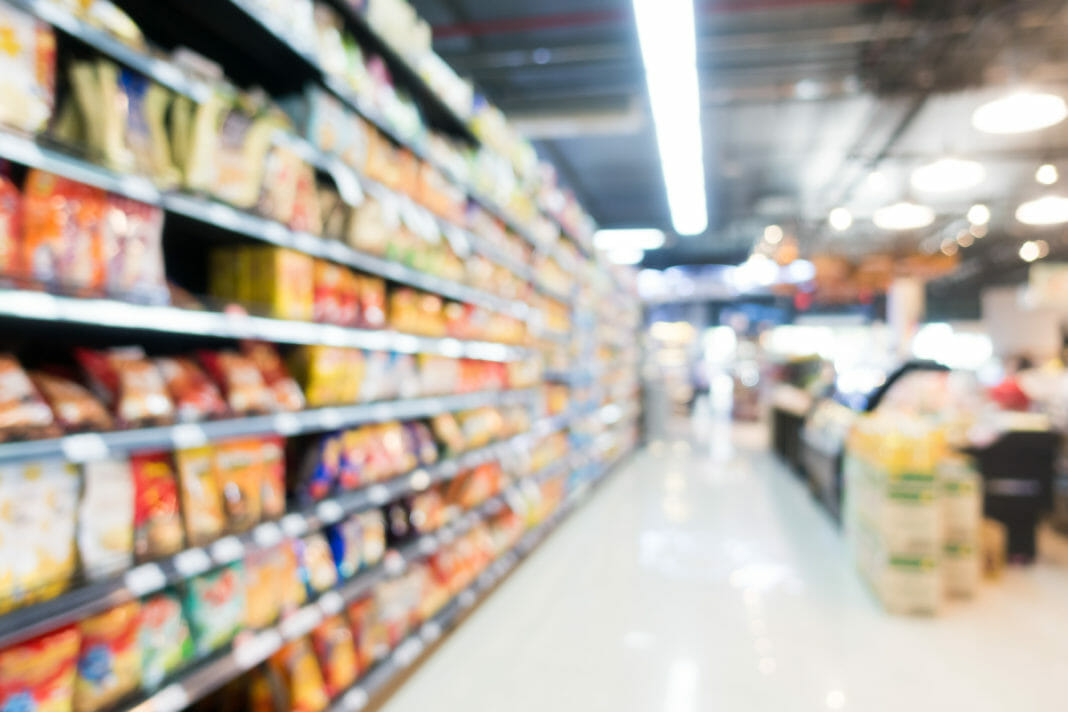Juniper’s research shows that substantial savings in food fraud can be achieved in 2021, while production costs can be reduced by 30%.
The food industry could save up to $31 billion in global fraud thanks to blockchain technology. The idea is to track food in its production process from farms to supermarkets or consumers. This is according to data from Juniper Research.
This food fraud that is registered in the industry relates to diluted of substituted food or ingredients. In this way, the person is consuming a product that is not like the package says.
The firm made public its study at the end of November. It revealed that blockchain in combination with the Internet of Things (IoT) sensors and trackers will reduce retailer’s costs.
Another advantage is that blockchain will simplify regulatory compliance and also it will offer more efficient food recalls and will be a tool to avoid more fraud. The research is contained within the report called ‘Blockchain: Key Vertical Opportunities, Trends & Challenges 2019-2030’.
“Today, transparency and efficiency in the food supply chain are limited by opaque data, forcing each company to rely on intermediaries and paper-based records. Blockchain and Internet of Things provide an immutable, shared platform for all actors in the supply chain to track and trace assets; saving time, resources and reducing fraud”. That is only one part of the document related to the study.
Many Reasons
Although different companies are using blockchain to track food, many consumers of other products cannot know where their food comes from. Due to diseases and scandals with food production, many customers are interested in how the food they consume is produced.
An example of these scandals took place in 2013 when the food industry in Europe was horrified after finding horse meat in food products that did not list it as an ingredient.
The report of the UK-based company says blockchain’s immutable ledger, combined with the Internet of Things sensors and trackers, is something very important to create a more efficient food recall process.
According to Juniper analyst, Morgane Kimmich, extra virgin olive oil labeled as originating from Greece, when in fact it comes from somewhere else, is an example of common food fraud.
“Much of the interest in the technology comes from the fact that blockchain has the potential to give more control to all actors involved in the process, from farmers to retailers, by providing them with a transparent and immutable platform offering full visibility of the supply chain”, she explained.
Through the adoption in the supply chain, blockchain and IoT will generate $31 billion in food fraud savings around the world by 2024 so compliance costs will be reduced by 30 %.
Juniper Research considers that the Internet of Things and blockchain will add “significant value” to those involved in the supply chain such as framers, retailers, and consumers.
The particularity of blockchain to store information related to all the stages of a process production in an unalterable way is the reason why more and more companies are trusting in this type of technology.
The most-adopted blockchain tracking solution is IBM’s Food Trust, which is based on the Hyperledger Fabric blockchain protocol. The platform went live in October 2018.
Nestlé and Carrefour recently announced they will use blockchain technology to track baby milk to provide customers with data on the origin of that product.
It would be possible thanks to a QR code that allows buyers to access all the information about the production. This will help them to be sure that the milk is not altered.
By María Rodríguez











